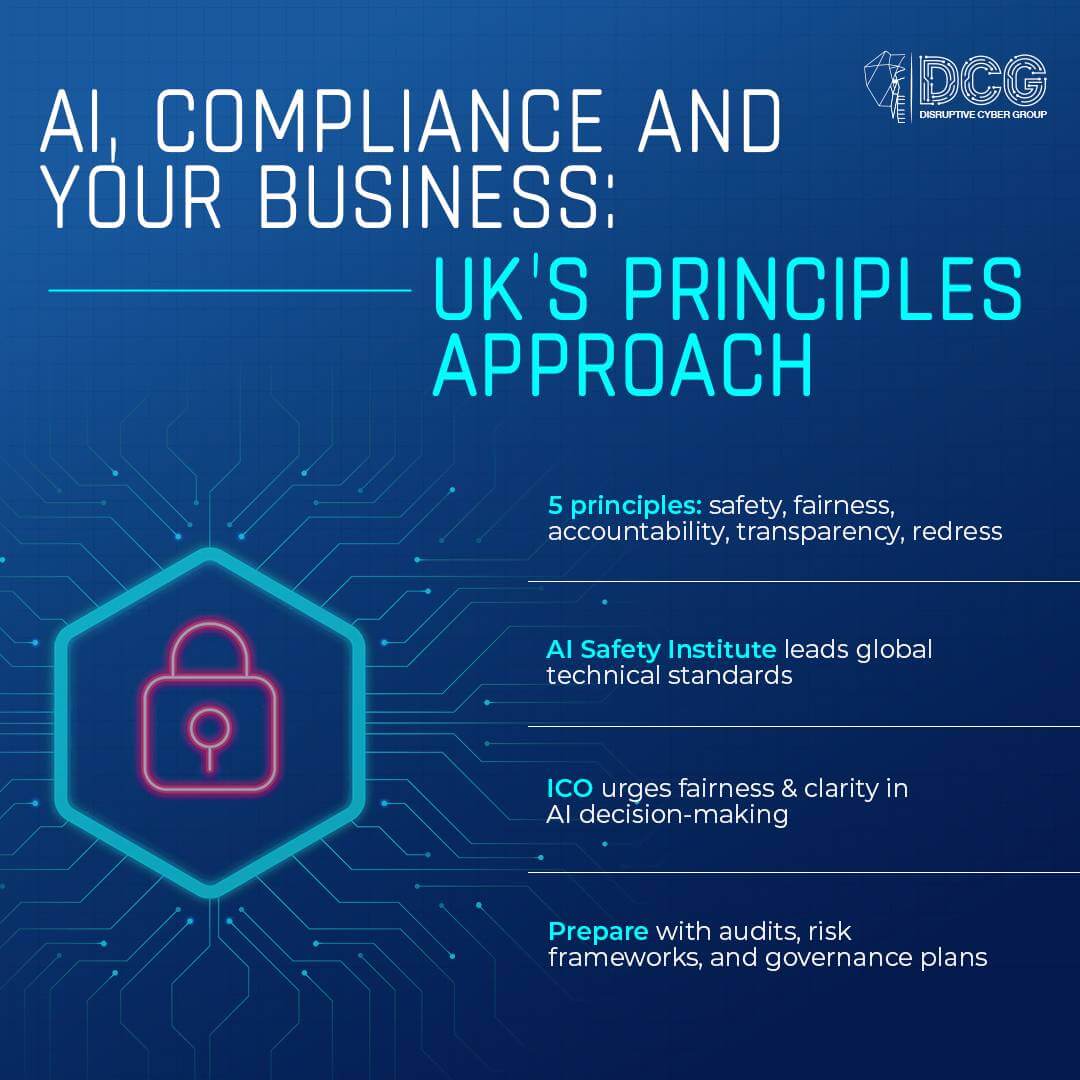
While Artificial Intelligence (AI) continues to develop and disrupt industries, the situation in regards to Artificial Intelligence regulation in the UK is quite different. The UK government has made no major regulations, but instead issued a framework that supports the safe and accountable innovation of AI and therefore would allow for regulated, bespoke approaches in certain industries.

In 2023, the UK government issued a white paper about its approach to AI regulation and stated that its approach will be based on five principles:
This principles-based framework enables regulators to develop guidance that is specific to their sectors and promotes innovation while protecting the public interest.

The Safety Institute (AISI) is the UK’s principal organisation for AI safety research, having been created in 2023. Though it is not a regulatory organisation, AISI's mission is to more fully understand and manage the impacts and risks of advanced AI systems. AISI is working with international partners to develop evidence-based technical tools and methods to facilitate AI governance in the UK and beyond.
The United Kingdom is currently in the process of developing a new data protection regime under the Data Protection and Digital Information Bill. The outline of the Bill seeks to achieve 3 main aims:

The Information Commissioner's Office (ICO) has recently updated its guidance for organisations to assist them in developing AI applications by data protection laws. The guidance makes three important points about AI:

To keep up with the evolving AI regulation, UK businesses may wish to include some of the following suggestions:
The UK's AI regulation approach seeks to balance innovation with responsibility and trust. A principles-based framework fosters collaboration among regulators, industry, and researchers for ethical AI deployment. Businesses should actively understand and prepare for upcoming regulations to mitigate risks while benefiting from AI and maintaining public trust.

AI‑Powered Threat Intelligence: Defending Against Next‑Gen Attacks

Securing AI Agents: Managing Prompt Injection & Autonomous Risk

The Future of Cyber Insurance: How Compliance Affects Coverage in the UK

Cyber Security Trends 2025: Navigating The Evolving Threat Landscape
Join industry leaders on cyber projects to create a global impact and ensure a secure digital future.